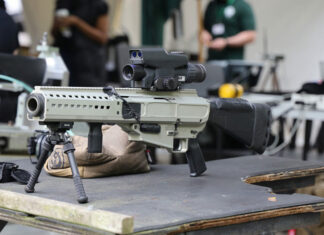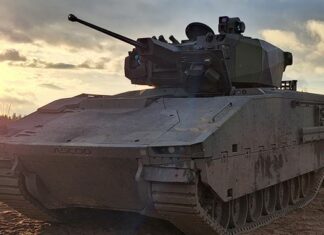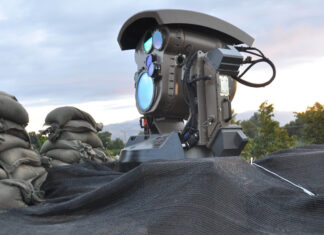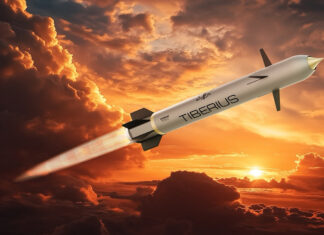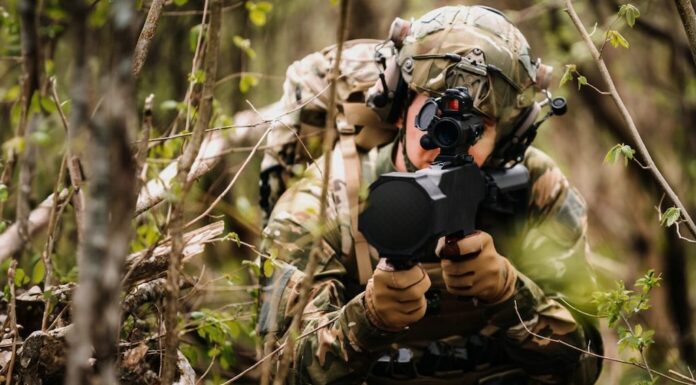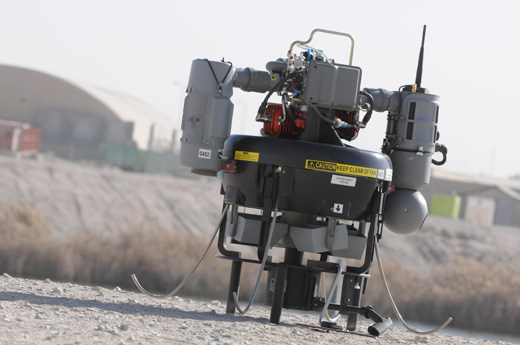
The Department of the Army announced today that it decided to continue low-rate initial production of two elements of the Early-Infantry Brigade Combat Team (E-IBCT) program – the Small Unmanned Ground Vehicle (SUGV) produced by iRobot, and the Tactical Network System. The Army considers the E-IBCT investment of network technologies and software provide a foundation for growth of the Army’s tactical network. The Army will transition the procurement of small unmanned ground vehicles and tactical network systems to program executive offices with primary responsibility for these systems.
The other systems that have reached maturity under the FCS / E-IBCT program will discontinue – these are theUnattended Ground Sensors produced by Textron Systems and the Class 1 Unmanned Air System (T-HAWK) produced by Honeywell.


An E-IBCT acquisition decision memorandum, signed by the under secretary of defense (acquisition, technology and logistics) on Feb. 3, 2011, formalized this decision. The Army developed the E-IBCT program in an effort to accelerate fielding of key network and sensor capabilities. According to the Army announcement, the decision allows the Army to pursue an acquisition approach enabling the continued development of the tactical network.
Update: Boeing and iRobot Team Delivers 1st SUGVs to US Air Force
The Boeing Company and partner iRobot Corp. announced that they have delivered the first 30 Small Unmanned Ground Vehicles (SUGV) under a contract with the U.S. Air Force for the service’s Explosive Ordnance Disposal (EOD) team. This is the first task order of an indefinite delivery, indefinite quantity contract which runs through September 2012.

“We are pleased to work with iRobot to enable Air Force EOD technicians to perform reconnaissance while reducing their exposure to unexploded ordnance,” said Mike Huddleston, Robotics program manager for Boeing Network & Tactical Systems.
“Unmanned ground vehicles have been saving lives for years on asymmetric battlefields,” said Robert Moses, president of iRobot’s Government and Industrial Robots division. “SUGV represents an important advancement in UGV technology because of its light weight and state-of-the-art capabilities. It gives warfighters the ability to deploy the robot at a moment’s notice when faced with a variety of dangerous missions.”





